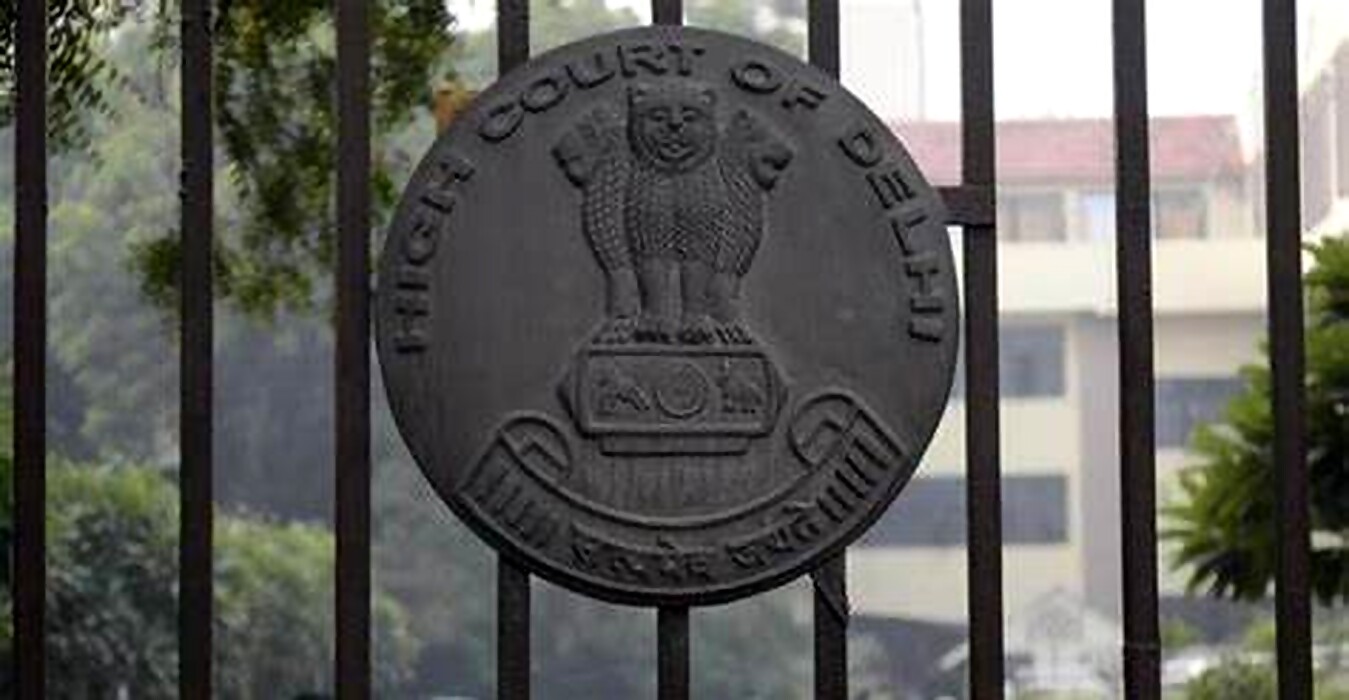In W.P.(C) 10369/2021-DEL HC- Delhi HC imposes cost of Rs 12.5 crore on company which concealed information about its blacklisting in E-Tender process, says such amount should be ploughed back to society for reducing air pollution Justices Vipin Sanghi & Jasmeet Singh [01-06-2022]

Read Order: CJDARCL LOGISTICS LTD v. RITES LTD AND OTHERS
Mansimran Kaur
New Delhi, June 2, 2022: Imposing costs of Rs 12.5 crore on respondent company which had concealed information about its blacklisting in a tender process, the Delhi High Court has held that such amount should be utilized for the installation and operationalization of the smog tower.
By observing that the order dated February 19, 2021 was a blacklisting order against the third respondent and the same was hidden deliberately, the Bench of Acting Chief Justice Vipin Sanghi and Justice Jasmeet Singh termed this the act of the third respondents one of of deliberate suppression.
The Factual matrix of the case is such that the petitioner is a company involved in the business of logistics and transportation of goods across India by Rail and Road, the first respondent is Rites Ltd., a government of India Enterprise which is directly under the control of Indian Railways (second respondent). The first respondent called for engagement of freight forwarder for transportation of export project via e- tender. The petitioner participated in the said tender and thereafter claimed that the first respondent opened the commercial bid in an erroneous manner and subsequently the technical bids, in relation to which the third respondent was declared as the L1 bidder and the petitioner was declared as the L2 bidder.
The petitioner contended that the third respondent was eligible to be disqualified, as they were banned by the Ministry of Defence through letter dated March 4, 2021 for an year and by PSU M/s Food Corporation of India, Vijayawada for a period of 5 years. It was further alleged by the petitioner that to be a successful bidder in the said e-tender, the third respondent did not reveal the banning orders intentionally and submitted a false positive declaration as per clause 2 of the tender document. It was further alleged that the first respondent even being apprised of the misdeclaration cleared the technical bid in the name of the third respondent. Aggrieved by the same, the petitioner instituted the writ petitioner to assail the same.
The Court took into account the declaration form as well as the clauses stated under the tender document. In view of the same, the Court observed that the order dated February 19, 2021 was a blacklisting order against the third respondent and the same was hidden deliberately. The act of the third respondent was one of suppression and of furnishing the false statements, the Court noted.
It was further obsereved that simple reading of Clause 2 and the declaration form vividly brought out that the express intention of the tendering authority which required the bidder to disclose any existing suspension/banning order in context of any other government/ PSU tender. It was clear that all the bidders were bound to comply with the same. Even if we were to ignore the status of all other tenders – which were awarded to the third respondent, and give them the benefit of the doubt, however, the order dated July 30, 2021 clearly debarred the third respondent from participating in any tenders floated by the Food Corporation of India, which was not disclosed by third respondent.
Reliance was placed also by the Court in the cases of Afcons Infrastructure Ltd. Vs. Nagpur Metro Rail Corporation Ltd., Central Coalfields Ltd. v. SLL-SML. Additionally, the Court observed that the interpretation as sought by the third respondent will certainly exhaust the purpose of the declaration format and clause (2) stated in the tender document. At the outset, the Court observed that it is well settled that the tendering authority must comply with its own terms and conditions. It could have not proceeded to award the contract to the third respondent, the Court noted.
By placing reliance on the cases, “Dwaraka Das V. State of Madhya Pradesh & Another, and Subhash Projects and Marketing Ltd. Vs. West Bengal Power Development Corporation Ltd. And Ors, the Court observed that since the contract value was of 125 crores, thus it was reasonable to expect out of the third respondent to make, at least, 10% as profits. i.e., about 12.50 crores. In view of the same, the Court disposed of the present writ petition.
Sign up for our weekly newsletter to stay up to date on our product, events featured blog, special offer and all of the exciting things that take place here at Legitquest.




Add a Comment